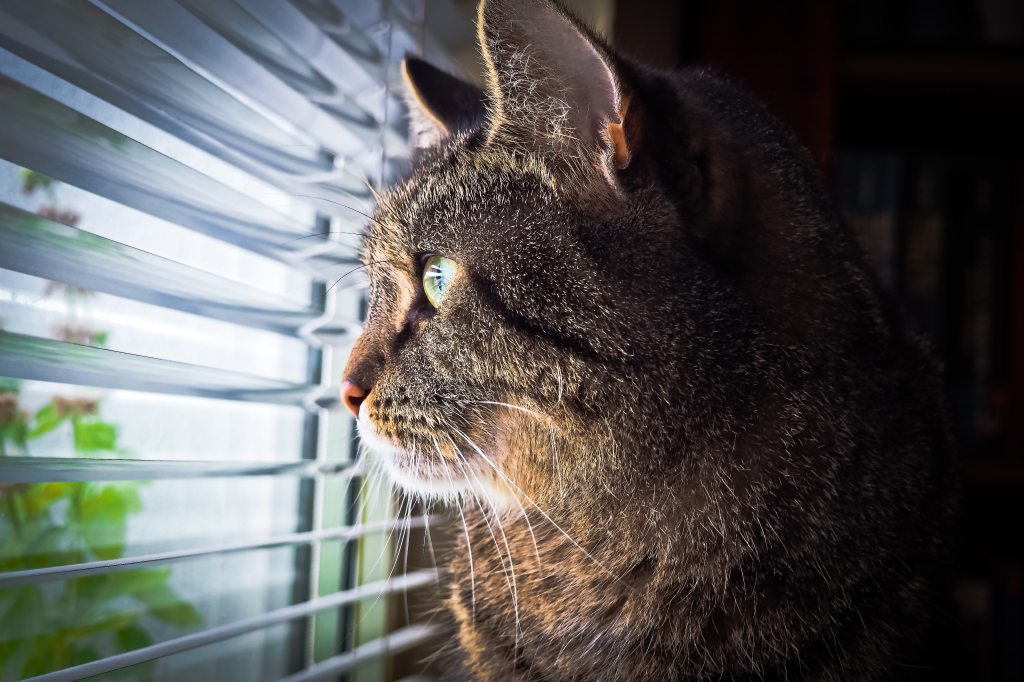Curiosity matters for OD practitioners who work with organisations, systems and individuals.
Dictionary.com offers three ways of looking at curiosity
- eager to learn or know; inquisitive
- prying; meddlesome
- arousing or exciting speculation, interest or attention through being inexplicable or highly unusual; odd; strange
The first definition describes, for me, what we in OD need to cultivate most actively.
The third definition applies as we may notice and share observations of patterns, outliers, things that go with or against the grain. Occasionally, we in OD can be the curio, or unusual protagonist – helping to shift, confront or break patterns which need to evolve.
The second definition of curiosity is not usually intended by those who practice OD but, of course, there is a fine line to tread; prying/meddlesome may be how our well-meaning curiosity is perceived!
Curiosity goes hand-in-hand with being open-minded; being welcoming; encouraging diversity of perspective and contributions from those we serve.
Our curiosity can help to both challenge and distribute power; fosters communication, intelligence and understanding; our inquisitiveness enriches and strengthens decision-making and organisational health.
To all those who “do OD” in some shape or form, I commend you to be curious…
As I write this I am reminded of the phrase ‘curiosity killed the cat’ and have, ironically, been struck with curiosity to understand the origins of that phrase. Turns out that this proverb was originally termed “care killed the cat”, warning us of the “dangers of unnecessary investigation or experimentation”(Wikipedia). It first appeared in writing in 1598 – a play by Ben Johnson called “Every Man in his Humour”, to be followed the next year by Shakespeare’s play, “Much Ado about Nothing”. It was only as we reached the late 19th century that the word curiosity began appearing in printed form. So now you know…
What are you curious about right now?
image courtesy of http://www.pexels.com

Leave a comment